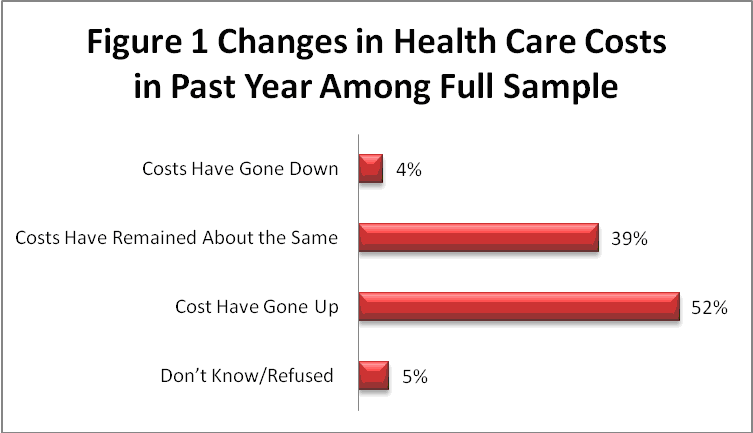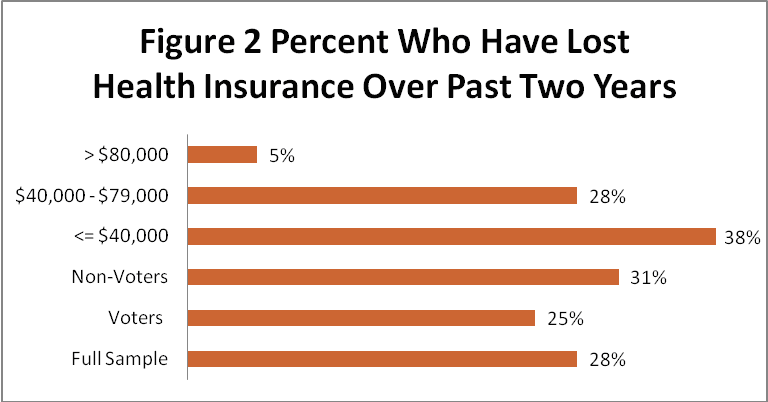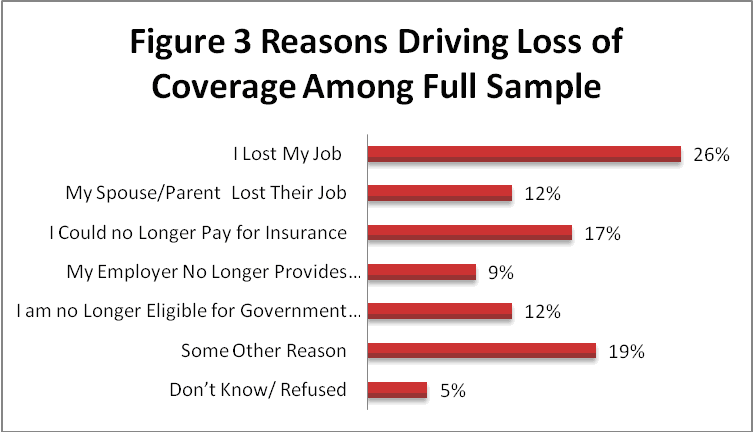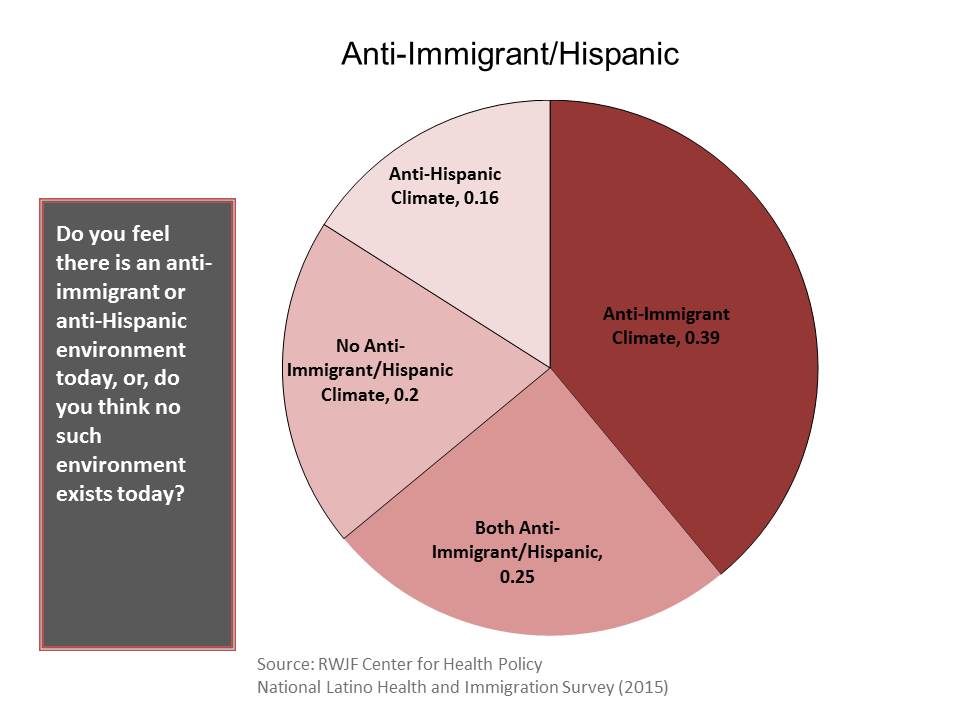By Gabriel R. Sanchez, PhD, Jillian Medeiros, PhD, Sam Howarth, PhD
[Results from Non-Voter Sample of October Poll Posted Here]
Executive Summary
There has been much debate related to health care reform both before President Obama signed the Patient Protection and Affordable Care Act (ACA) into law, and after its historic passage. An October 2011 poll released by impreMedia and Latino Decisions (IM-LD) in collaboration with the Robert Wood Johnson Foundation (RWJF) Center for Health Policy at the University of New Mexico indicates that Latinos are generally supportive of the major elements of the ACA, while uncertainties regarding implementation and recent experiences with health coverage loss and increased health care costs have weakened Latino’s optimism that the law will succeed in its goals.
Latinos Losing Ground in Sluggish Economy
One of the goals of the survey was to gather information about the economic well-being of the Latino population and their perceptions regarding the costs of health care in the heart of the economic recession. Given that the non-voter sample is inclusive of the most vulnerable segments of the Latino community, we provide data from the full sample in this section.
Respondents were asked how their families’ financial situation has fared over the past year. While a large segment (43%) of the Latino population reports that they are doing “about the same” financially as they were a year ago, a comparable segment (39%) stated that they were doing “worse off.”
The survey also reveals that the majority (52%) of Latino families report that the costs of health care, including insurance, have “gone up” over the past year. As depicted in Figure 1, this is dramatically greater than the 4% who report that their costs have “gone down.” Significantly, among those who indicated that their costs have increased, 68% stated that this rise in costs had been a financial burden.
In addition to recognizing that health care costs have risen, the survey also reveals that the economic recession has resulted in many Latino families losing access to health insurance over the past couple of years. Overall, as indicated in Figure 2, we see that 28% of Latinos have lost their health insurance over the past two years. This is even greater (31%) among the non-voter sample. Income level has a pronounced impact here, as loss of insurance has been greatest among Latinos making less than $40,000 annually (38%) and least among those making more than $80,000 (5%). Overall, we see that 23% of Latinos lack health insurance coverage. There is also a major difference between voters and non-voters: 27% of non-voters (including 40% of non-citizens) currently lack coverage compared to 17% of voters.
Those who reported that they had lost their insurance were asked to indicate why this had happened. As reflected in Figure 3, the survey reveals that 26% of Latinos who have lost access to health insurance over the past year did so as a result of losing their jobs. Another 12% lost their insurance as a result of their spouse or parent losing their job. This provides additional evidence that the Latino unemployment rate, which has hovered close to 12% over the past year, has had a marked impact on the lives, and access to health coverage, of many Latinos. Another 17% indicated that they lost coverage because they could no longer afford to pay their insurance premiums. An additional 9% stated that they lost coverage because their employer stopped providing coverage to their employees during this period. Finally, 12% of Latinos who have lost access to health coverage said that they were no longer eligible for public/government sponsored insurance. Therefore, while there are many reasons offered for why nearly a third of Latinos have lost access to health coverage over the past two years, there is no question that it is in large part a consequence of the economic recession, particularly among lower paid workers.
Gabriel R. Sanchez is an Associate Professor of Political Science at the University of New Mexico and Research Director for Latino Decisions. Jillian Medeiros is an Assistant Professor of Political Science at the University of New Mexico, and Sam Howarth is a Senior Research Fellow at the RWJF Center for Health Policy at the Univeristy of New Mexico.





